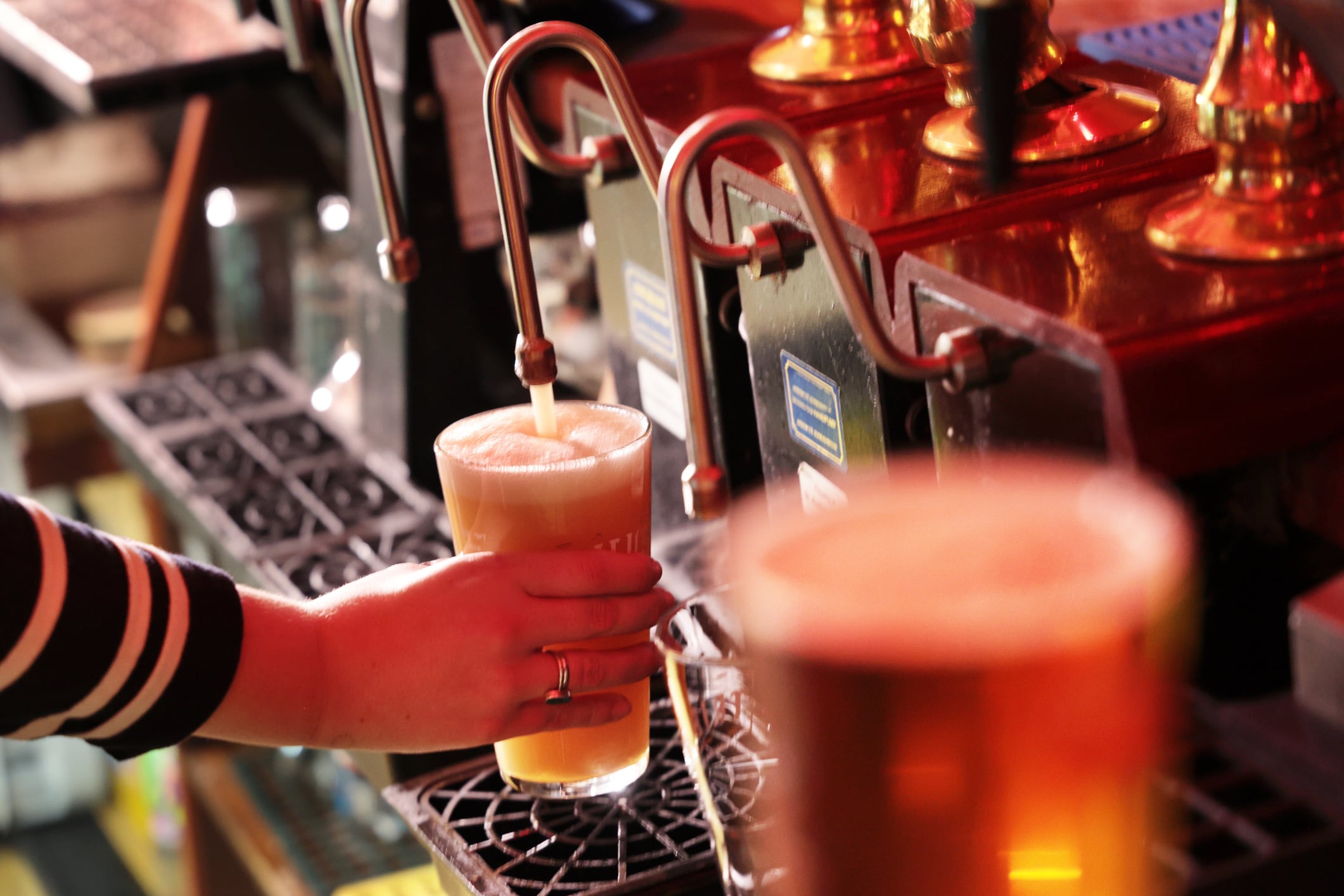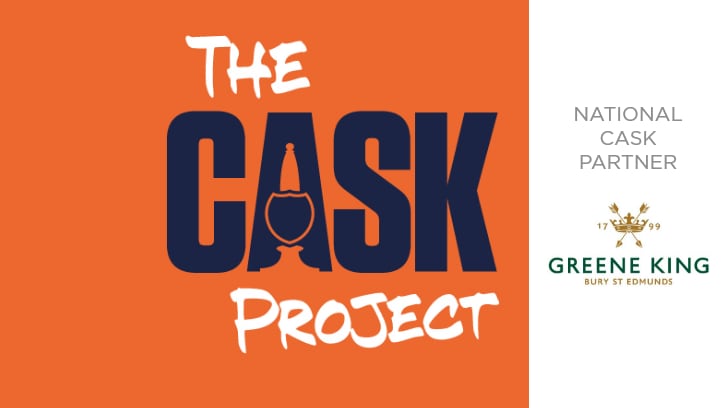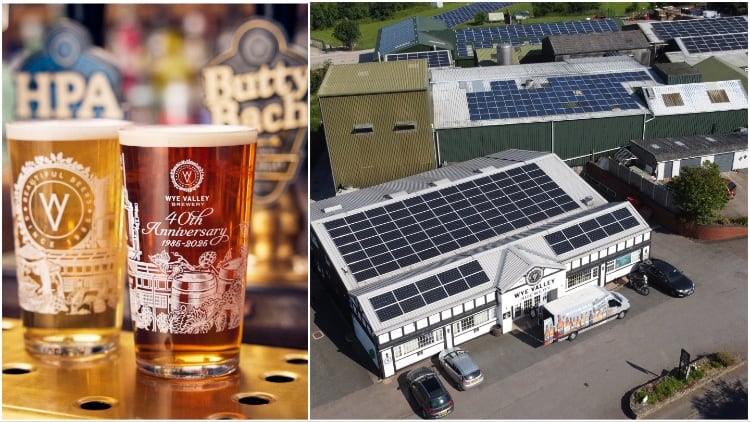Leading beer writers, along with the Campaign for Real Ale (CAMRA), have raised concerns that global brewers are failing to commit to cask beer.
There is growing alarm that this trend is set to continue with the future for cask becoming increasingly uncertain.
“For giant global brewers to abandon UK brewing heritage is a worrying sign of where the market is heading: away from tradition, flavour and community and towards cost-cutting and consolidation into fewer, more remote hands,” said CAMRA chairman Ash Corbett-Collins.
“Carlsberg’s purchase of Marston’s brewing assets, ending 200 years of brewing heritage, their subsequent decision to axe eight historic cask brands and their ongoing ‘Fresh Ale’, which could remove cask from the bar, is a betrayal of any previous commitment to cask beer and to British brewing heritage.”
He added that in the middle of this, though, a positive outcome has arisen with independent and regional breweries offsetting the severely shrunken cask production from brewing giants, providing quality and choice for the in-demand drink.
Lack of demand
Leading beer writer Roger Protz agreed. He said global brewers want to sell the same liquids with the same recipes in every market in the world.
“Carlsberg and Heineken blame lack of demand for closing breweries but major independents say the direct opposite.
“In Yorkshire, both Timothy Taylor’s and Theakston say they are brewing more beer than before Covid. Thornbridge says the same and 80% of its production is cask.
“Wye Valley in Hereford has recorded the biggest sales in its history. In Cornwall, St Austell also recording strong sales for Tribute and Proper Job and is engaged in the biggest rebranding in its history,” he said.
“The business people who have bought Jennings in Cumbria from Carlsberg say there is such demand for their beers that they are adding new brews to their portfolio. If you have a passion for cask, you can sell it.”
Passionate people
Beer writer Pete Brown agreed: “The relaunch of Jennings is hopefully the first of many examples of principled, passionate people being allowed to take on and nurture great beers this global corporate monolith no longer cares about or wants.”
He said the sale last year had deepened the gloom around the beleaguered cask ale category.
Jane Peyton, beer sommelier and instigator of Beer Day Britain, raised concern about the loss of British heritage.
“The recent closure of regional cask ale breweries forsakes brand individuality, breaks the bond that locals have for ‘their’ beer and reduces consumer choice,” she said.
“Cask ale is a symbol of Britain and differentiates the nation from its brewing counterparts in other countries. If we lose it, we lose a precious element of our heritage.”
She added the industry has already experienced the long-term impact of corporations abandoning cask ale: “The founding of CAMRA in 1971 was a response to the homogeneity of British kegged beers where localism had no place and a beer consumed in Plymouth tasted the same as it did in Aberdeen.”
Meanwhile, a Carlsberg Britvic spokesperson said: “Carlsberg Britvic inherits an important legacy of brewing British ale and we are hugely passionate about creating a sustainable, successful future for cask ales.
“We are delivering on an ambitious long-term ale strategy, which includes new launches in cask ale like Hobgoblin Amber and special guest cask ales from Wainwright – Wainwright Wanderer, which was served over the spring and our new Wainwright Rambler available for the summer.”
Carlsberg Britvic is the name of the global brewer now, having acquired soft drinks business Britvic in early 2025. It was previously called Carlsberg Marston’s Brewing Company (CMBC) when Marston’s became part of the business in 2020 but the Wolverhampton-based company sold its brewing arm to Carlsberg in 2024 and has since committed fully into operating pubs.




